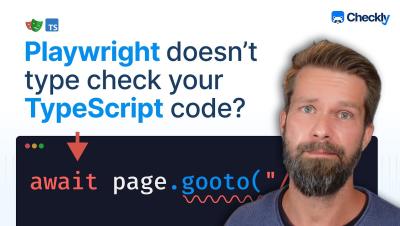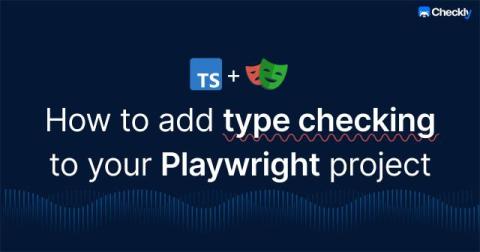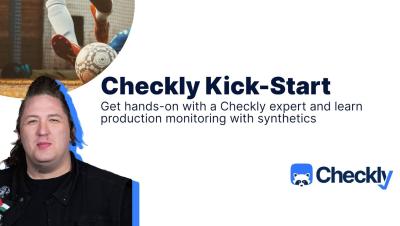Announcing $20M to Enable Engineers to Detect and Resolve Issues 10x Faster With Checkly
Our mission at Checkly is to enable engineers to detect and resolve issues 10x faster. We are very excited to announce $20 million in Series B funding led by Balderton, alongside the participation of our existing investors Accel and CRV.











